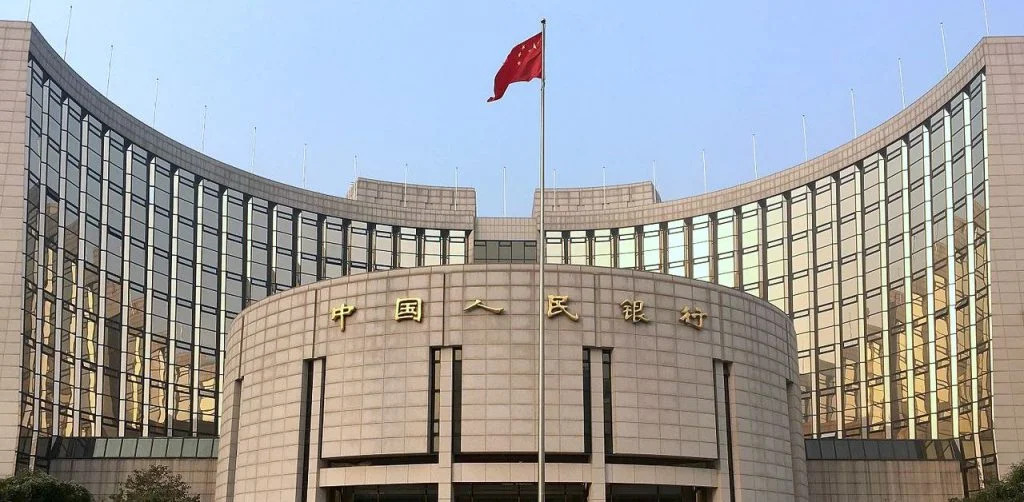The People’s Bank of China has announced that 11 more cities would participate in its digital yuan program. Some of these cities’ residents have already begun to use digital yuan wallets.

The People’s Bank of China, China’s central bank, will expand its digital yuan pilot program to 11 more locations, adding to the CBDC’s already-considered list of places. Hangzhou, which will host the Asian Games in September 2022, is one of these cities.
Tianjin, Chongqing, Guangzhou, Fuzhou, Xiamen, and the Zhejiang province are among the new cities that will participate in the pilot program. Since April 1, certain people in these cities have had access to digital yuan wallets. The introduction of the digital yuan at the Winter Olympics gave it international exposure.
The current transaction per second (tps) pace is 10,000, with a target of 300,000 tps in the future. According to reports, the digital yuan has processed over $13.75 billion in transactions. However, according to one report, numerous wallets have been unlocked, but not nearly as many have been used.
Individuals with low balances can sign up for a wallet using only their phone number. More KYC information is required for higher transaction limits and usage. As the government improves the technology, this has raised concerns about privacy, which will continue to be an issue.
Other countries, meanwhile, are just getting started on their own CBDCs. The United States has announced that it will begin the process of examining a digital currency. India, one of the world’s fastest-growing major economies, has recently indicated that a digital rupee will be reviewed.
China’s digital yuan experiments have been a huge success, prompting other countries to follow suit. It is one of the first countries to implement a CBDC on such a broad scale, and the project appears to have been well received by China’s tech-savvy populace.
In terms of cryptocurrencies, China has outlawed the possession, trading, and mining of cryptocurrency. Crypto transactions have been labeled “illegal fundraising” by the country’s supreme court. Dealing in crypto transactions can result in a ten-year prison sentence or a $79,000 fine.
Meanwhile, the 2022 China Metaverse initiative has begun, with the goal of developing a metaverse as well as other cutting-edge technology. According to China’s blockchain policy for the next decade, the country is interested in employing the technology for anything from supply chain to administrative purposes.
